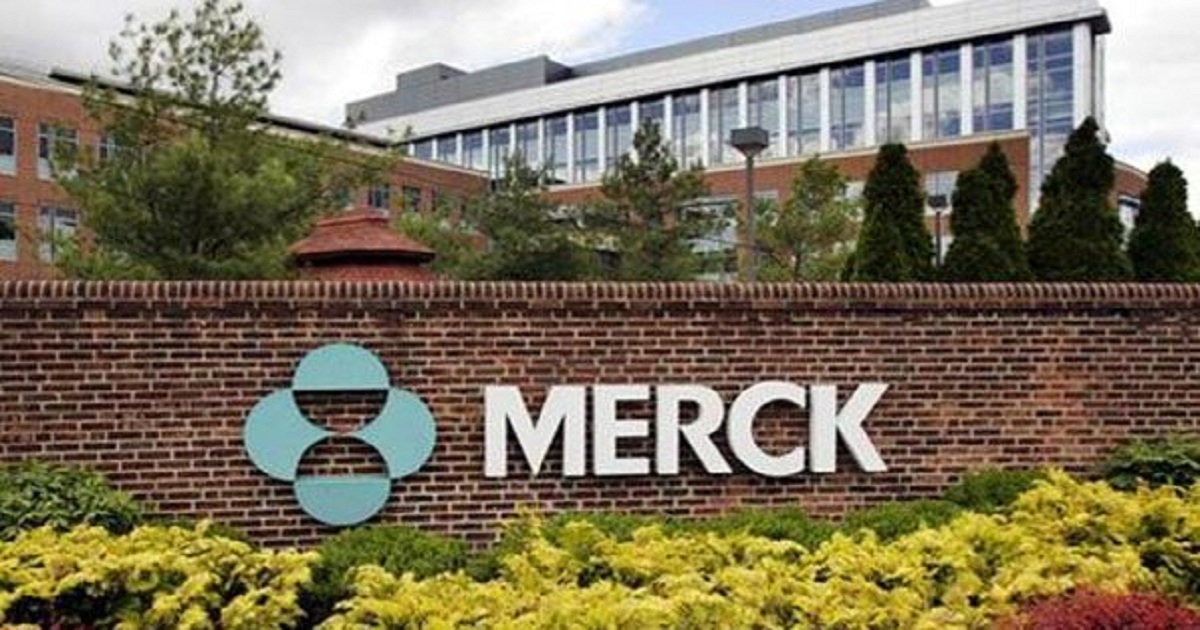Merck’s oral MS drug finally gets FDA okay

The US approval for relapsing/remitting and secondary progressive MS comes a couple of years after Merck won European approval for Mavenclad (cladribine), and several years after the first generation of oral MS therapies emerged to steal market share for older, injectable therapies such as Merck’s own Rebif beta interferon brand. Despite its late appearance, analysts think Merck could finally have a blockbuster on its hands, now that safety concerns behind the regulatory days in both the US and Europe seem to have been overcome. Merck KGaA fought for years to get the drug approved after rejection by the FDA and EMA, which was concerned that the drug could be linked to cancer. As it turns out, the drug has been approved in the US with a black box warning for an increased risk of cancer and birth defects, as well as a label that only supports second-line use of the drug. GlobalData suggested recently that Mavenclad has good efficacy compared to rivals such as Biogen’s Tecfidera (dimethyl fumarate), Novartis’s Gilenya (fingolimod) and Sanofi’s Aubagio (teriflunomide), as well as a favourable dosing regimen and several years of additional safety data from its protracted clinical trials programme.